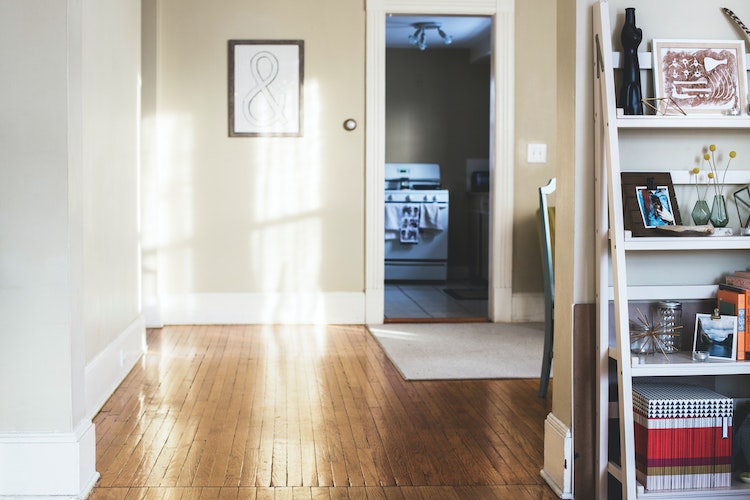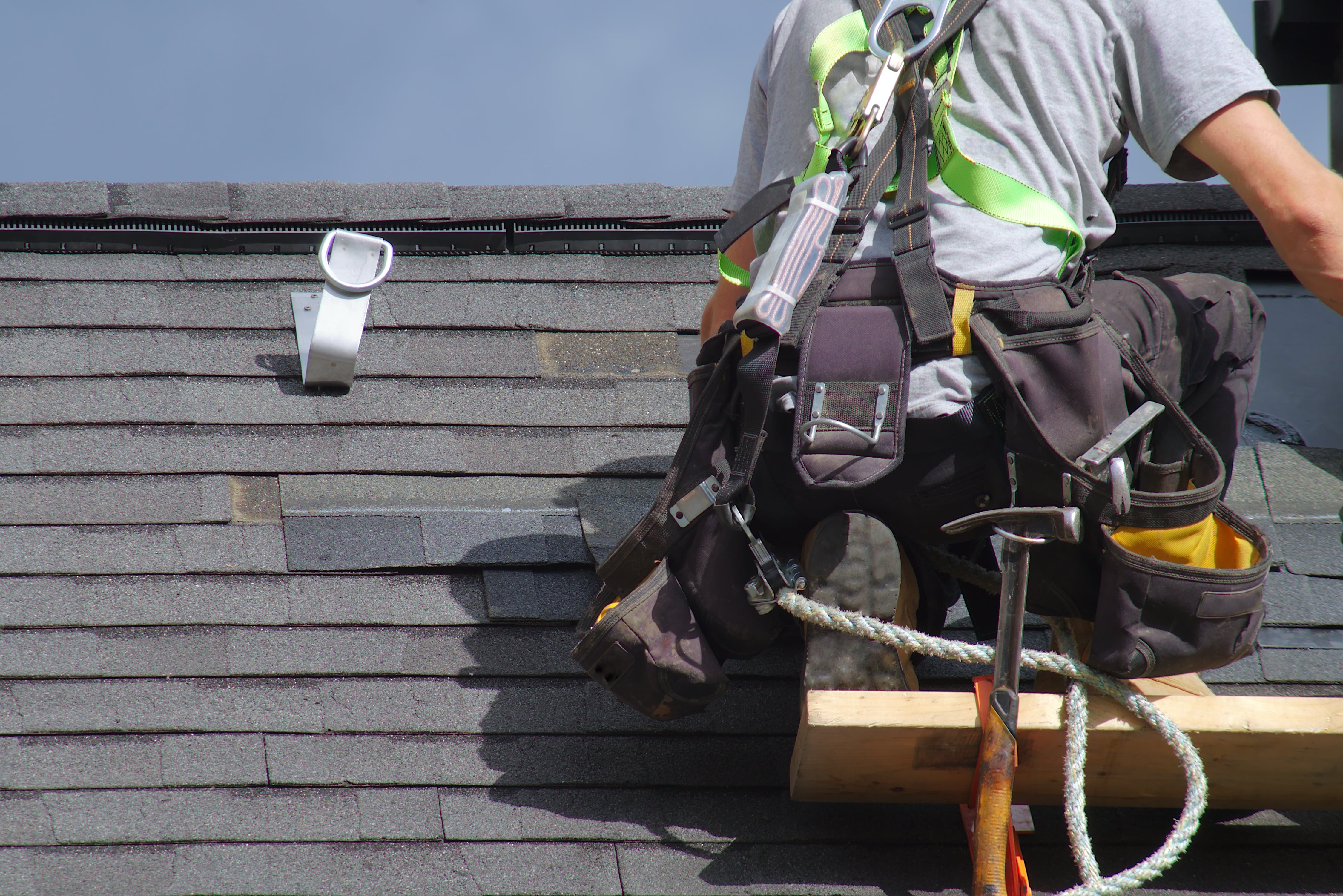Are you a real estate investor with a 5-unit apartment building? If so, you need to have the right insurance in place.
Many landlords and property managers mistakenly believe that a standard landlord policy will adequately cover them in the event of a loss. But that isn’t always the case. Depending on your coverage, you may be exposed to unexpected costs in the event of a significant loss.
That's why protecting your apartment building with the right insurance is one of the smartest decisions you can make. But what type of insurance should you buy? And how much does it cost?
In this article, we’ll break down the basics of insuring a 5-unit apartment building. You'll learn about the different types of coverage available and how to decide on the amount of insurance necessary to protect your investment.
How Property Insurance Changes on 5+ Unit Apartment Buildings
When you own an apartment building with 5 or more units, you must carry a specific insurance policy known as apartment building insurance. This policy differs from those used to insure single-family homes, vacation rentals, and small multifamily buildings. That’s because it covers a larger property and greater potential exposure.
The landlord of an apartment building is vulnerable to several potential liability risks unique to owning a multifamily building. A tenant in one unit may cause damage to another unit or injure another tenant, exposing the landlord to lawsuits and property damage costs. A single-family home or small multifamily building generally does not have that same risk exposure.
Additionally, landlords with 5 or more units may be required to follow certain local laws and regulations regarding fire safety, property maintenance, and other issues, such as fire alarm sprinkler systems or swimming pool safety and maintenance. That further increases their potential liability exposure.

What Does Apartment Building Insurance Cover?
When you purchase apartment building insurance, it typically provides coverage for all your buildings and personal property on the premises. That includes the building itself and any outbuildings or fixtures. Apartment building insurance also typically covers common areas, such as lobbies, hallways, and stairwells that the landlord owns.
In addition to building and property coverage, most apartment building policies provide liability protection for various potential risks. That includes coverage for bodily injury to tenants or visitors on the premises, damage caused by tenants or guests to their neighbors' properties, and legal costs associated with defending against lawsuits filed by tenants or other parties.
Apartment Building Insurance vs. Landlord Insurance
Apartment building and landlord insurance are two distinct forms of coverage, each designed to address the unique needs of different owners.
Apartment building insurance is typically for buildings with 5 or more rental units and tailored to cover the various risks associated with larger multifamily properties, such as common areas, shared amenities, and numerous tenants.
Landlord insurance offers protection specifically for single-family homes, vacation rentals, and multifamily buildings with four or fewer units.
The main difference between apartment building insurance and landlord insurance is that apartment building policies often have higher coverage limits due to their higher risk profile. Additionally, they often provide extra coverages not included in standard landlord policies.
These added coverages may include employee dishonesty, tenant discrimination, and evacuation expenses. Apartment building insurance may also provide more liability protection for claims connected to the property or common areas.
Landlord insurance policies are generally more affordable than apartment building policies since they are for smaller properties and fewer tenants.
They may also cover additional buildings on the same property, such as a detached garage or shed.
How to Choose an Apartment Building Policy
As a landlord, you are responsible for your tenants' safety and well-being and the upkeep of your property. That means you need the right insurance coverage to protect your business in case of an accident or disaster. There are a few different types of insurance coverage to explore for a 5-unit apartment building.
General Liability Insurance
Without adequate liability insurance coverage, you could get stuck with hundreds of thousands of dollars in lawsuits and medical bills. General liability covers injuries on your property and discrimination suits from current or prospective tenants.
Most apartment building insurance policies cover damage from fire and smoke, windstorms, vandalism, lightning, vehicle and aircraft collisions, explosions, and riots. In the event of a covered incident, your insurance policy can help cover the cost of repairs, replacement units, and any lost income from temporarily displaced tenants.
If your apartment building is in a higher-risk location, endorsements for other risks can be included. For example, earthquake coverage, flood insurance, and mold protection might be wise for landlords with properties close to a fault line or bodies of water.
Search the Obie risk map to learn about the natural risks in your area and be prepared with the right insurance for your rental property.

Ordinance and Law Endorsement
If your property gets damaged by a covered insurance loss, you may be required to comply with updated building codes or ordinances when repairing or replacing your dwelling.
An ordinance or law endorsement on your insurance policy can help pay for the increased costs associated with rebuilding according to current building codes and ordinances after a covered loss. These costs may include repairs and replacements to undamaged portions of a structure that need to be updated to meet local zoning regulations.
In addition, this endorsement can provide coverage for the increased cost of materials that may be required to comply with new code requirements. Investing in an ordinance or law endorsement protects you from the financial burden of complying with updated codes and ordinances after a covered insurance loss.
Business Income Insurance
Business income insurance (BIC) is a type of coverage designed to protect businesses from financial losses due to suspended operations in the event of an insured loss. It is particularly beneficial for owners of larger properties like a 5-unit apartment building. It helps cover expenses like payroll, rent, and other operational costs when the business is nonoperational.
BIC coverage can provide owners with the necessary revenue to keep their business running during and after a covered loss. As a recent report from Arbor reveals, effective rent growth in the top multifamily markets has increased by more than 17% year over year.
By investing in business income insurance, owners of a 5-unit apartment building can protect themselves from large sums of lost income resulting from unexpected downtime caused by an insured loss.
Umbrella Insurance
Umbrella insurance is a type of coverage that offers additional liability protection above other existing primary policies. It provides an extra layer of financial security for property owners by helping pay for costs associated with lawsuits and judgments that exceed the limits on other policies.
Umbrella insurance can provide the owner of a 5-unit apartment building extra protection from extensive, unexpected liabilities.
Investing in umbrella insurance can help ensure your property and finances have the protection they need against unforeseen expenses associated with third-party claims or lawsuits.
Factors Affecting the Cost of Insurance for a 5-Unit Apartment Building
Insurance costs can vary and depend on several things, including property size, type, age, and location. Here are some factors that affect the cost of insurance for a 5-unit apartment building:
- Location: The location of the apartment building can affect insurance premiums since certain areas may be at higher risk of natural disasters or theft.
- Size of the building: Larger buildings typically require more coverage and thus will be more expensive to insure.
- Age and condition: Older buildings are usually more expensive to insure due to their higher risk for damage or destruction. Similarly, buildings in disrepair will also cost more to cover.
- Occupancy rate: Fully occupied buildings will usually be less expensive to insure than those with high vacancy rates.
- Types of coverage: Different types of coverage can have different costs depending on the amount of coverage needed and the type of risks associated with the property.
- Deductibles: Higher deductibles can help reduce insurance costs, but you want to ensure you have enough money saved should you need to use your policy.
- Security measures: Installing an alarm system, adding surveillance cameras, changing the locks on exterior doors and windows, replacing old wiring and pipes, or repairing broken windows or doors reduces the risk of theft or vandalism.
- Safety systems: Installing smoke and carbon monoxide detectors, fire alarms, and firewalls, as well as upgrading the building’s electrical wiring, all help to improve the safety of an apartment building and lower your insurance costs.
- Claims history: A property owner’s claims history can affect insurance costs. If a property has a history of frequent claims, insurers may be more reluctant to provide coverage at an affordable rate.
Understanding these factors helps owners of 5-unit apartment buildings better compare policies and choose the best insurance plan for their needs. Investing in adequate coverage and taking proactive steps to protect their property ensures their business has protection against unexpected losses.
Obie is changing the way landlords and rental property investors get insurance. Obie makes it easy to request a quote and get coverage, whether you're an experienced investor or just getting started. More than $4 billion in property is insured with Obie, and landlord insurance is available in every state.
Visit the Obie website to enter your building address and receive an instant quote for your 5-unit building.







